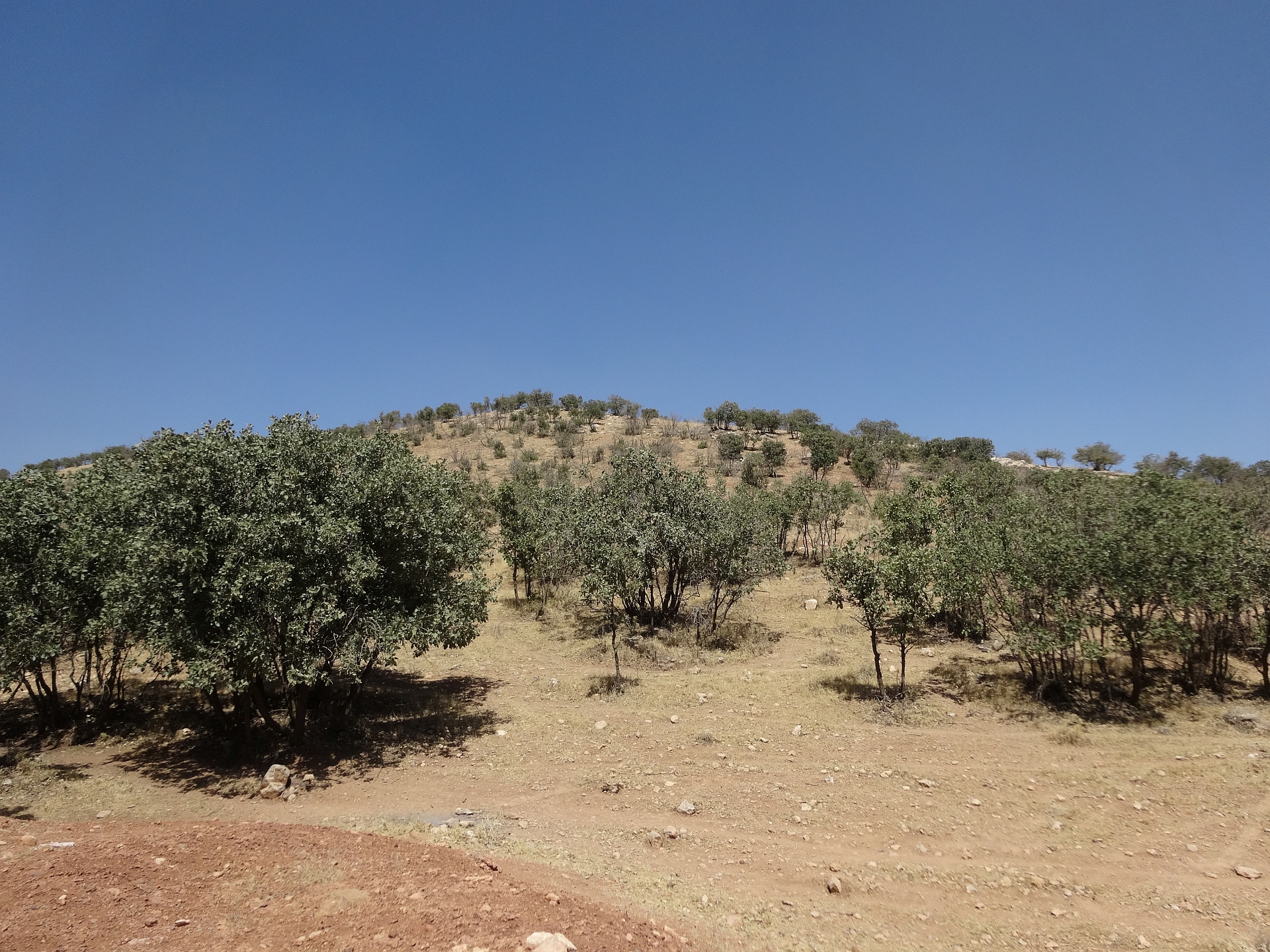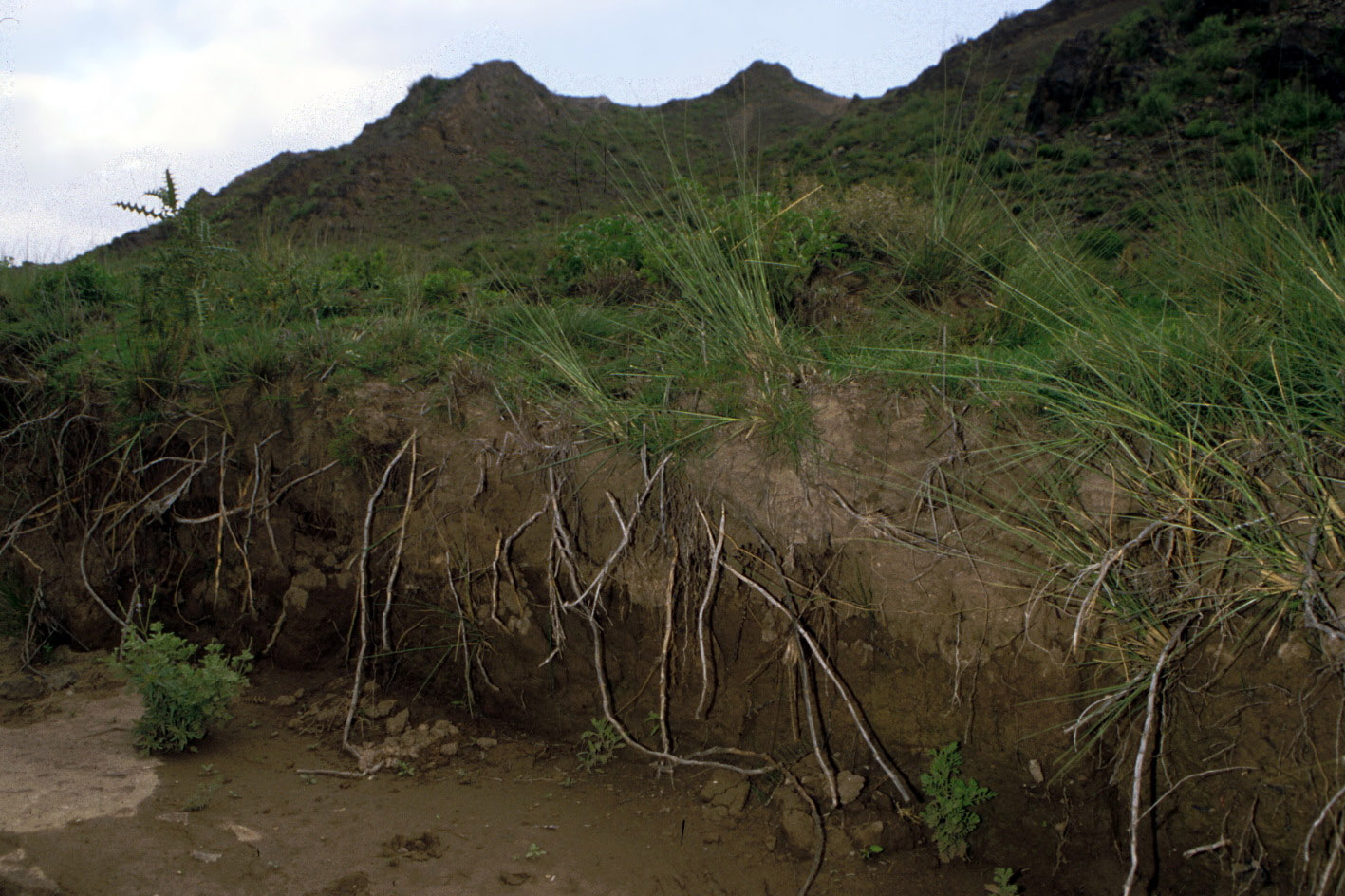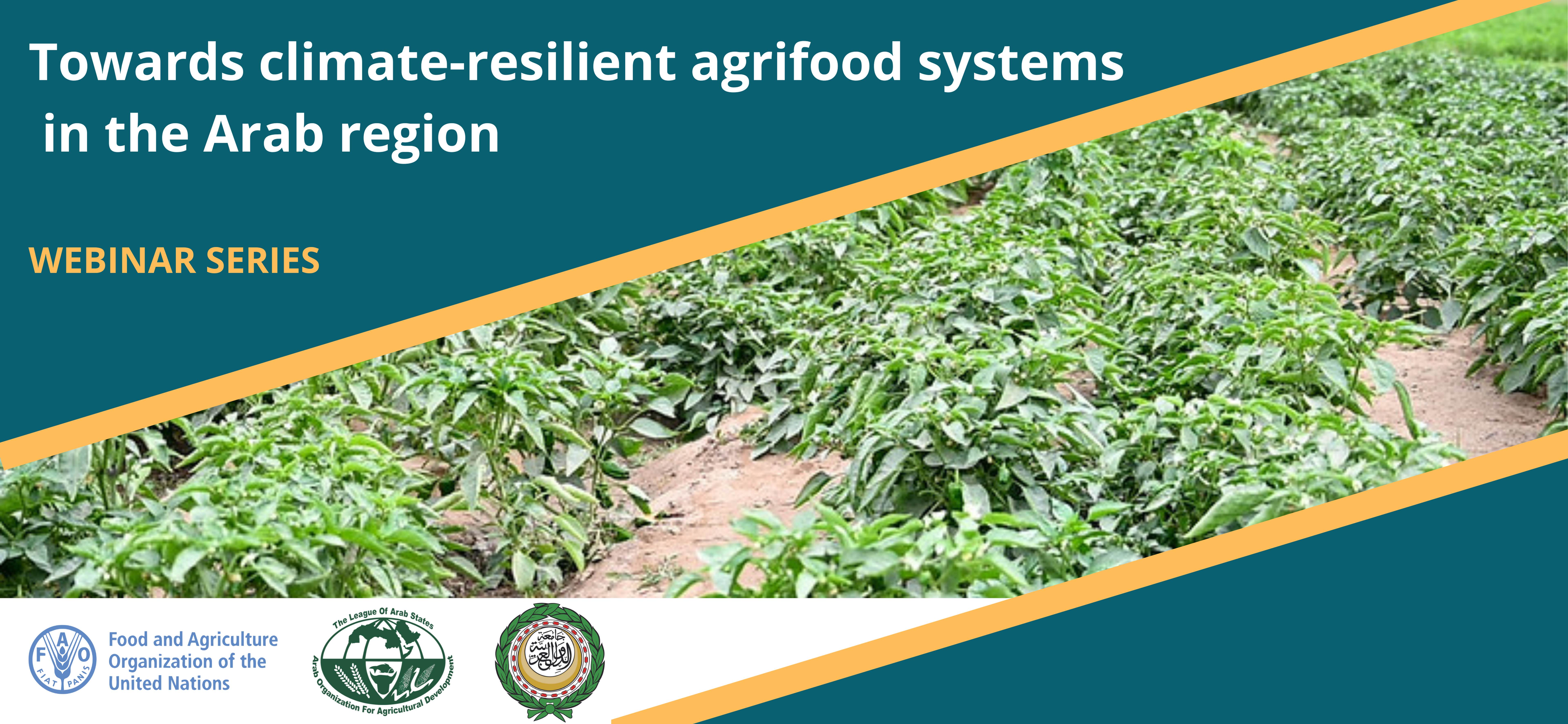Priority 3: Greening agriculture, water scarcity and climate action
Webinars

Restoration of degraded forests and landscapes in drylands.
This webinar centered on the UN Decade on Ecosystem Restoration, initiated in 2019 by over 70 countries, emphasized the imperative to protect and restore global ecosystems for both human well-being and environmental health. Co-led by the United Nations Environment Programme and FAO, the webinar series aimed to increase awareness and understanding of ecosystem restoration in the Near East and North Africa region. It addressed the challenges faced by drylands, including water scarcity and reduced productivity, and highlighted the role of forests in mitigating these challenges. The discussion delved into successful restoration strategies, such as FAO global guidelines for restoring degraded forests and landscapes in drylands, silvopastoral restoration, and participatory approaches in restoration initiatives. Overall, the webinar aimed to guide participants toward effective ecosystem restoration efforts in the region.

UN Decade on Ecosystem Restoration: Addressing climate change through ecosystems-based adaptation.
Climate change is already affecting the function and composition of ecosystems. At the same time, forest and landscape restoration can support climate change mitigation and adaptation action. Ecosystem restoration can provide natural protection against climate extremes, reduce vulnerability by providing livelihoods, and improve health by regenerating ecosystem services.
Under the umbrella of the UN Decade on Ecosystem Restoration, co-led by FAO and the United Nations Environment Programme (UNEP), and in collaboration with the Lebanon Reforestation Initiative, this webinar “Addressing Climate Change Through Ecosystem-based Adaptation” highlighted the role of ecosystems approaches for addressing climate change mitigation and adaptation. It also highlighted success stories and lessons learnt in the application of Ecosystem-based adaptation (EbA) principles in practice and in planning in the Arab region. It discussed examples of EbA in the Arab region such as forest and landscape restoration and drylands management.
Recording available here (Passcode: yE@h*Ix6 )
Towards climate-resilient agrifood systems in the Arab region
The Arab region faces significant risks to agricultural productivity and food security due to climate change. In response, FAO-RNE organized a PreCOP27 Workshop on Agriculture & Climate Change in 2022, followed by a series of events and webinars with AOAD to enhance knowledge and capacities for making agriculture more resilient. These initiatives aim to improve collaboration, knowledge sharing, and the implementation of climate-resilient practices in agrifood systems in the region, aligning with the goals of the Paris Agreement.
Click here to access the four webinars under this series.
